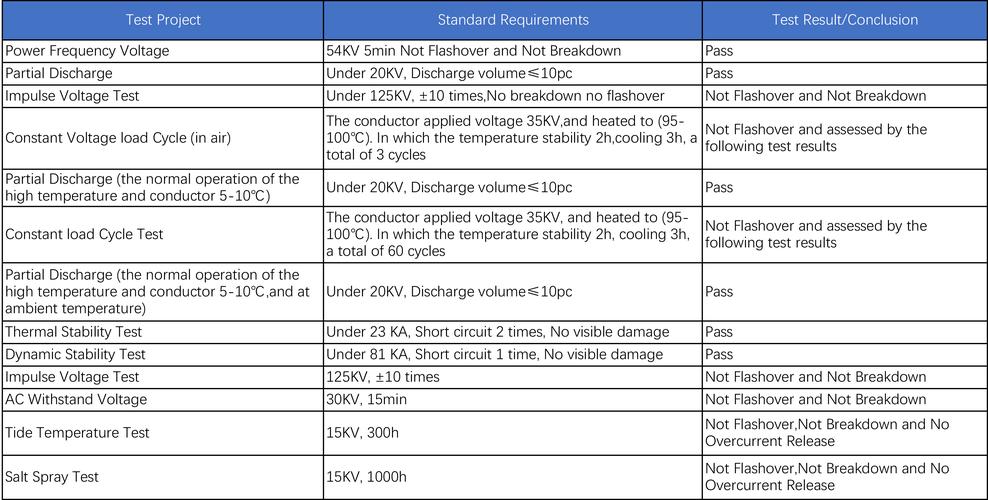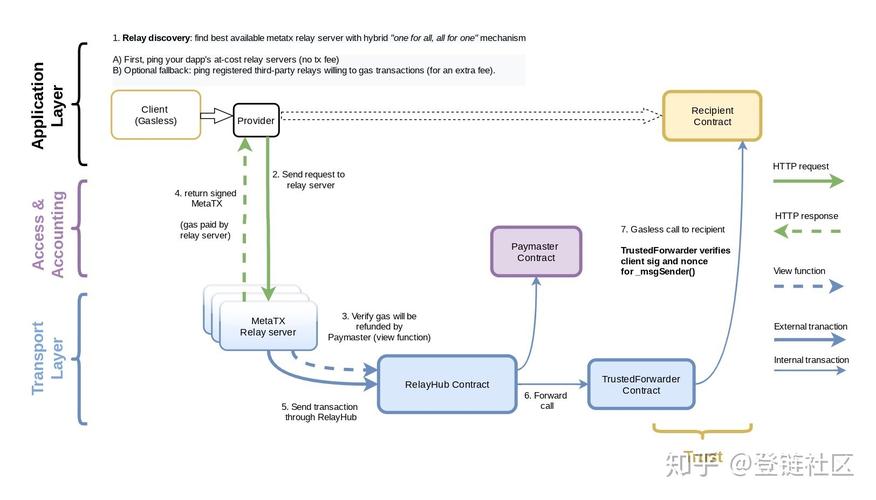
Understanding the Current ETH Gas Cost: A Comprehensive Guide
When engaging with the Ethereum network, understanding the current ETH gas cost is crucial. It directly impacts the transaction fees you’ll pay and the speed at which your transactions are confirmed. Let’s delve into the various aspects of the current ETH gas cost to help you navigate this essential aspect of Ethereum transactions.
What is ETH Gas Cost?
The ETH gas cost refers to the amount of Ether (ETH) you need to pay for each unit of gas consumed in a transaction. Gas is a unit of measurement used to quantify the amount of computational effort required to execute a smart contract or perform a transaction on the Ethereum network.

Factors Influencing ETH Gas Cost
Several factors contribute to the current ETH gas cost:
-
Network Demand: High demand for Ethereum network resources leads to higher gas prices. This is often seen during times of high activity, such as when new tokens are launched or when there’s a surge in decentralized finance (DeFi) applications.
-
Transaction Complexity: The more complex a transaction or smart contract is, the more gas it will consume, and thus, the higher the gas cost.
-
Network Congestion: When the Ethereum network is congested, it takes longer for transactions to be confirmed, and gas prices tend to rise.

-
Block Size: The size of a block can also influence gas prices. If a block is full, it may take longer for your transaction to be included, leading to higher gas costs.
How to Check the Current ETH Gas Cost
There are several ways to check the current ETH gas cost:
-
Block explorers: Websites like Etherscan and Ethplorer provide real-time data on the current ETH gas cost.
-
Exchanges and wallets: Many exchanges and wallets offer a built-in feature to display the current ETH gas cost.
-
Gas price estimators: Tools like Gasnow and Gasprice offer estimated gas prices based on historical data and current network conditions.
Understanding Gas Prices
Gas prices are typically displayed in Gwei, which is a subunit of Ether. Here’s a breakdown of the different gas price tiers:
| Gas Price Tier | Description |
|---|---|
| Low | Transactions are likely to be confirmed within a few minutes. Suitable for non-urgent transactions. |
| Medium | Transactions are likely to be confirmed within 10-30 minutes. Suitable for most transactions. |
| High | Transactions are likely to be confirmed within 1-3 minutes. Suitable for urgent transactions. |
| Very High | Transactions are likely to be confirmed within a few minutes. Suitable for critical transactions that require immediate confirmation. |
Optimizing Your Gas Cost
Here are some tips to help you optimize your gas cost:
-
Use a gas price estimator: Before initiating a transaction, use a gas price estimator to get an idea of the current gas prices and choose an appropriate gas price tier.
-
Optimize your smart contracts: Review and optimize your smart contracts to reduce gas consumption.
-
Batch transactions: If you have multiple transactions to send, consider batching them together to reduce gas costs.
-
Use a gas station: Some wallets and exchanges offer gas stations that automatically adjust your gas price based on current network conditions.
Conclusion
Understanding the current ETH gas cost is essential for navigating the Ethereum network effectively. By considering the factors influencing gas prices and using the available tools to check and optimize your gas cost, you can ensure a smooth and cost-effective experience on the Ethereum network.




